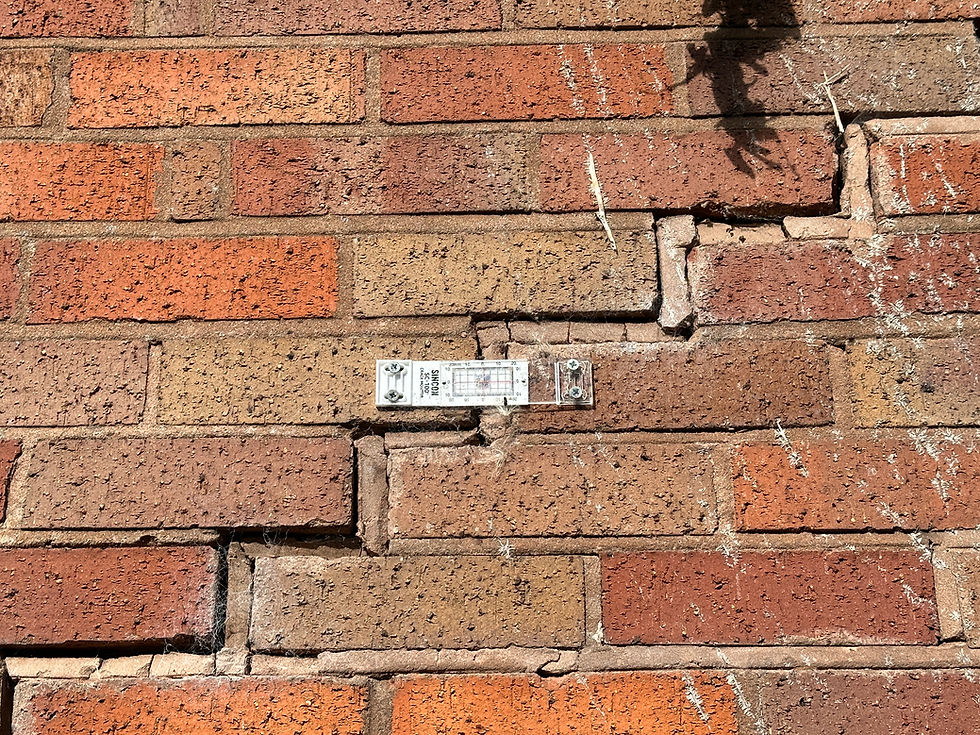What You Need to Know as a UK Homeowner Before Converting Your Loft Space
- Charles Riley BA(Hons) DipSurv AssocRICS VRS

- Sep 12, 2023
- 3 min read
- Brooks Surveyors Blog

Knowing how to efficiently plan your loft conversion will save you time and money in the long run.
Converting your loft space is a fantastic way to add value to your home and create valuable extra living space without extending your property's footprint. In the UK, where space is often at a premium, a loft conversion can be a smart investment. However, before embarking on this exciting home improvement project, there are several key considerations you should keep in mind. In this blog post, we will guide you through what you need to know as a homeowner before converting your loft space in the UK.
1. Planning Permission and Building Regulations
In most cases, loft conversions in the UK are considered permitted development, meaning you won't need planning permission as long as your project falls within specific guidelines. However, it's crucial to check with your local planning authority to confirm that your loft conversion complies with these regulations. Additionally, you will need to adhere to building regulations, which ensure that the conversion meets safety and structural standards. Consulting with a professional architect or builder is advisable to help you navigate these requirements.
2. Types of Loft Conversions
There are various types of loft conversions available, and the one that suits your property will depend on factors like your budget, roof structure, and intended use of the space. Common loft conversion types include:
a. Rooflight or Velux conversion: This is the most cost-effective option and involves adding windows to the existing roof slope.
b. Dormer conversion: Dormers are vertical extensions from the slope of the roof, creating additional headroom and space.
c. Hip-to-gable conversion: This type involves extending the hip roof to create a gable end, allowing for more usable space.
d. Mansard conversion: A Mansard conversion alters the entire roof structure, creating a flat roof with a sloping front, which maximizes space.
3. Budget and Cost Considerations
Loft conversions can vary significantly in cost depending on factors such as the type of conversion, materials used, and location. It's essential to establish a realistic budget early in the planning process. Be sure to include not only construction costs but also fees for architects, engineers, and any potential unforeseen expenses. Obtaining multiple quotes from builders is advisable to get a clear understanding of the overall cost.
4. Hiring the Right Professionals
To ensure a successful loft conversion, it's crucial to hire experienced professionals. This includes architects, structural engineers, builders, and electricians who have experience with loft conversions. They can help you design a space that meets your needs and complies with all regulations. Additionally, hiring a project manager can streamline the process and ensure that your project stays on track and within budget.
5. Insurance and Party Wall Agreements
You should inform your home insurance provider about your loft conversion plans to make sure you have adequate coverage during and after the project. Additionally, if your property shares a party wall with a neighbor, you may need a Party Wall Agreement to ensure that the work won't adversely affect their property. Consult with a surveyor to determine if this is necessary.
6. Utilities and Services
Consider how utilities and services will be extended to your loft space. This includes plumbing, heating, and electrical wiring. Ensure that your existing systems can support the additional space and that you have a plan in place for running services to the loft.
Converting your loft space in the UK can be a rewarding project that adds value to your home and provides much-needed extra space. However, it's essential to be well-informed and prepared before starting the process. By considering planning permission, building regulations, budget, professional help, insurance, and utilities, you can embark on your loft conversion journey with confidence, knowing you've covered all the necessary bases. A well-executed loft conversion can transform your home and enhance your quality of life for years to come.
.png)






Comments